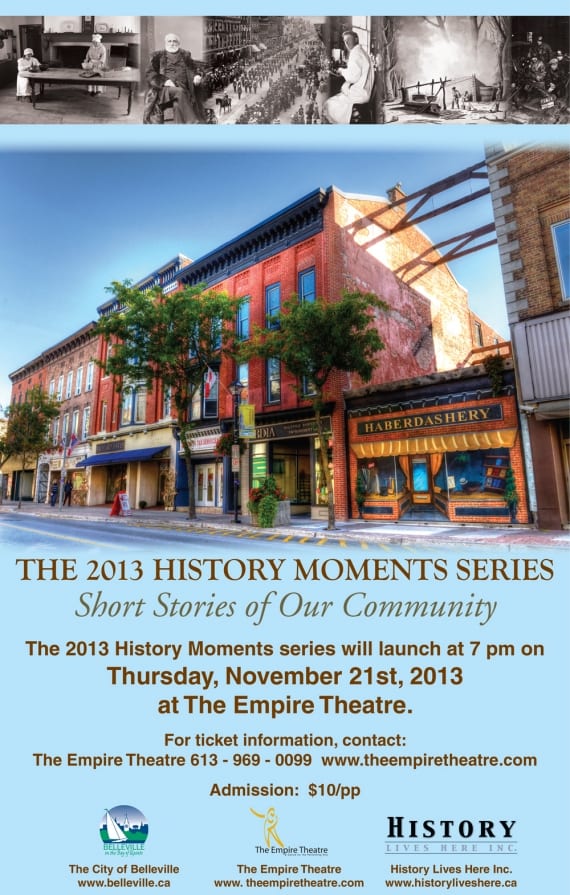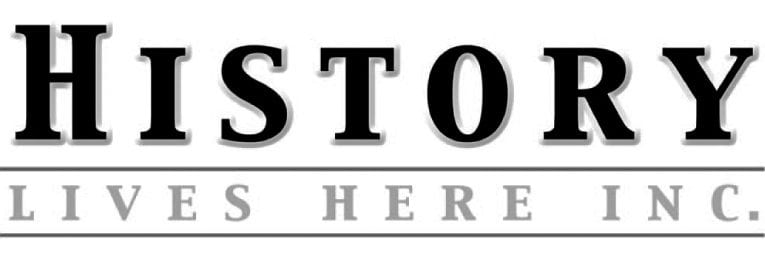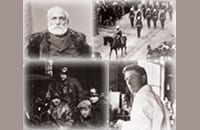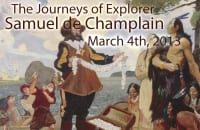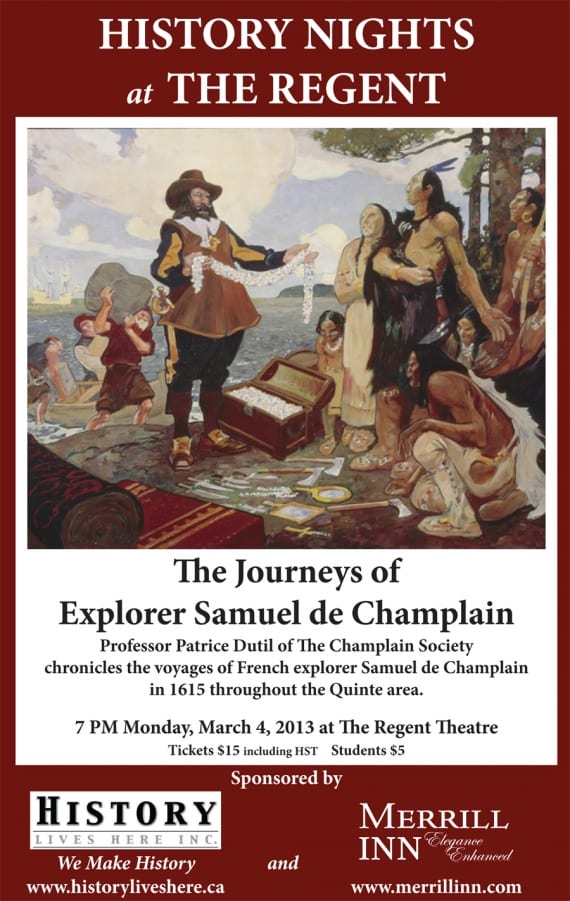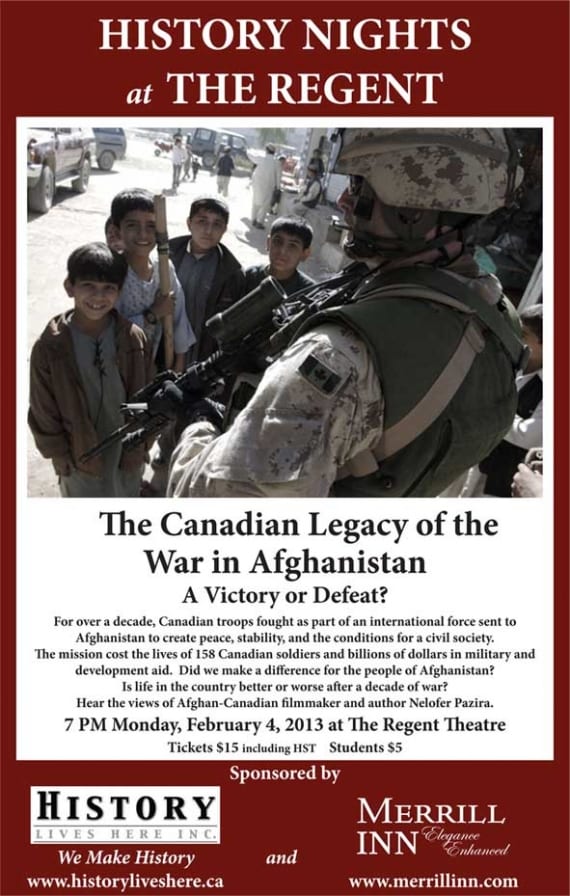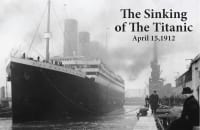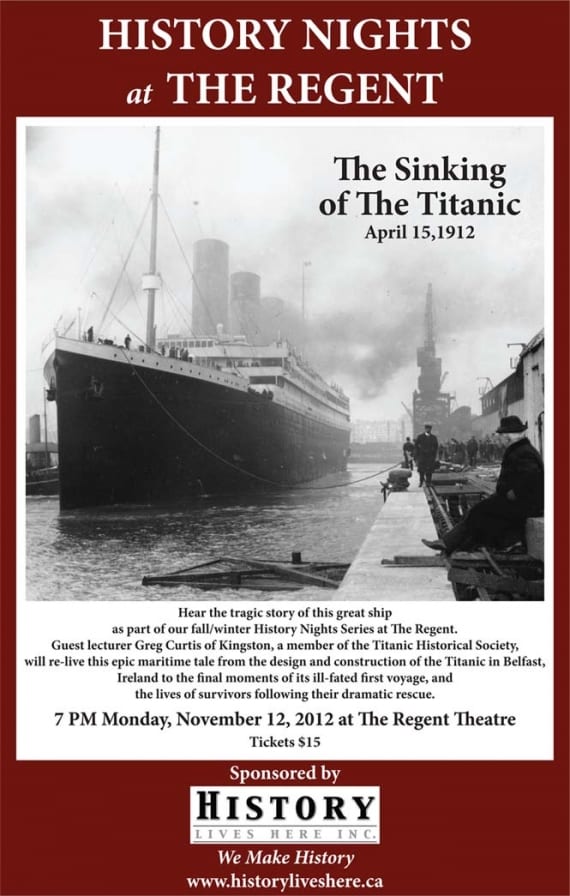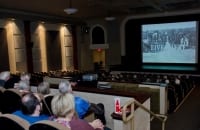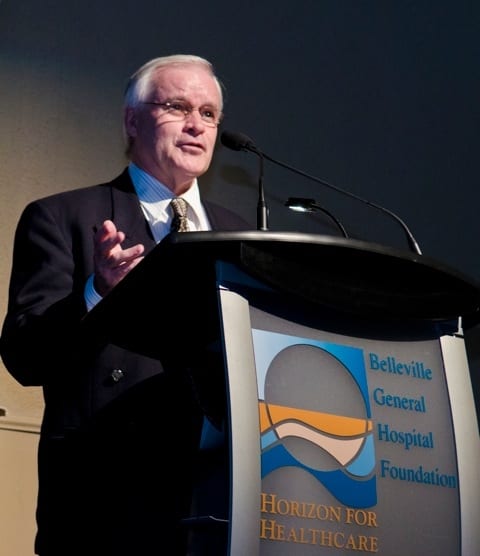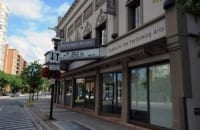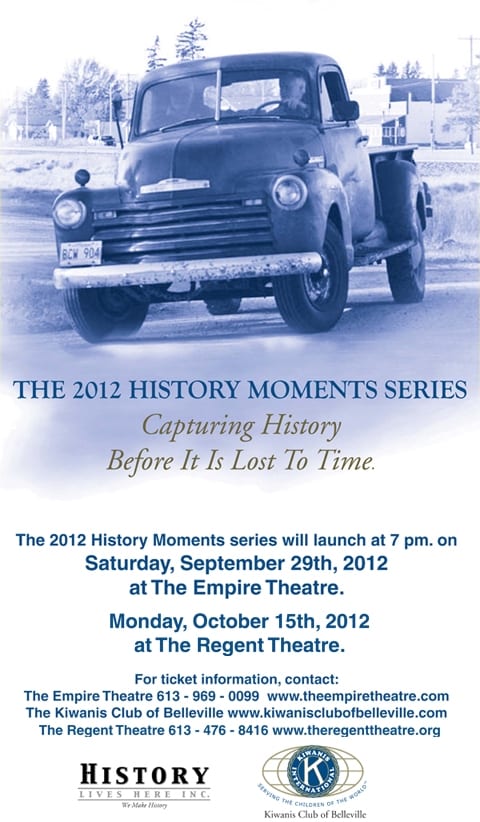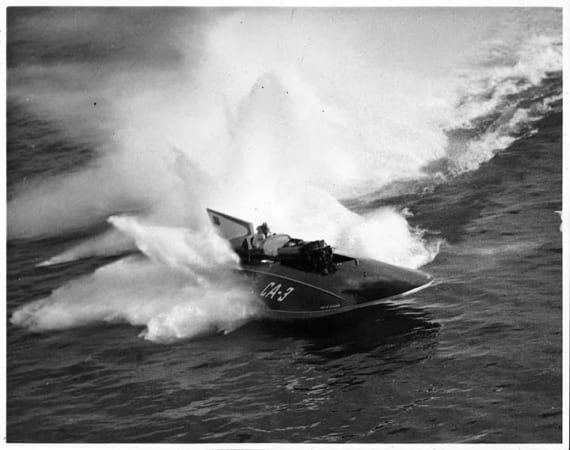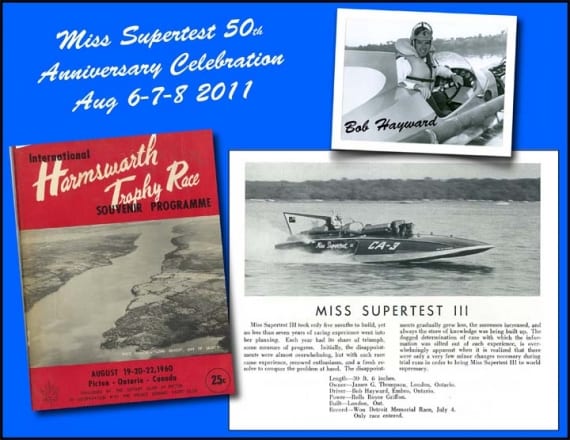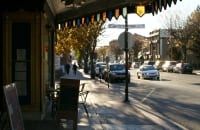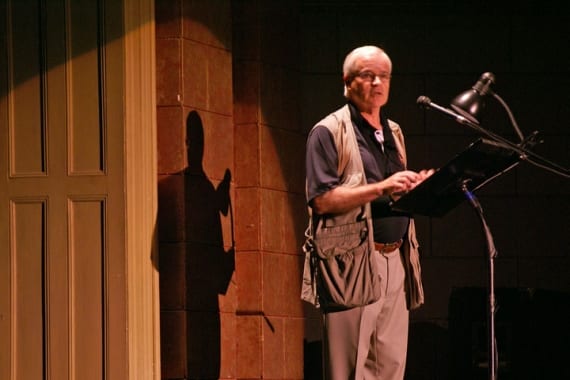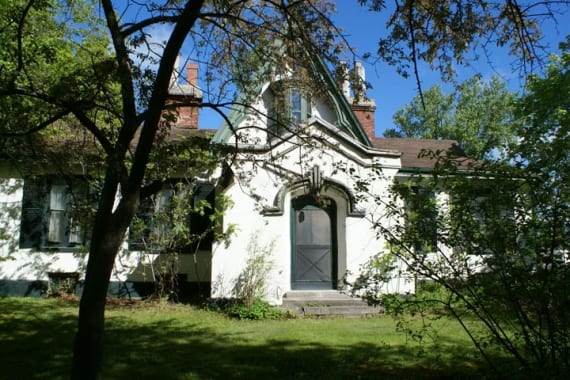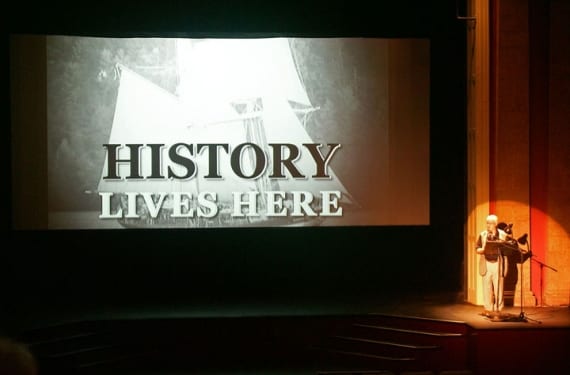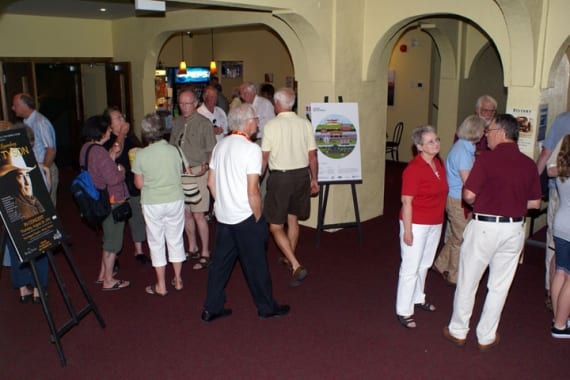Short Stories Of Our Community
Join us on Thursday, November 21, 2013 at 7 PM at The Empire Theatre in Belleville for more short stories drawn from the rich past of the Quinte area.
Included in this year’s series are video vignettes on scientist Dr. James B. Collip of Belleville, a member of the Banting and Best medical team which discovered insulin; Canada’s fifth Prime Minister Sir Mackenzie Bowell of Belleville who lead the country through tumultuous times in the late 1890s; the story of the city’s most prestigious social club, The Belleville Club, on the eve of its 100th anniversary in 2014; a feature on the pioneer origins of Belleville’s historic downtown; how the early days of the local maple syrup industry helped first settlers survive the hardships of the wilderness; and the heady era when the Canadian movie industry was centred in the small town of Trenton.
For ticket information, contact: The Empire Theatre at 613-969 -0099www.theempiretheatre.com
